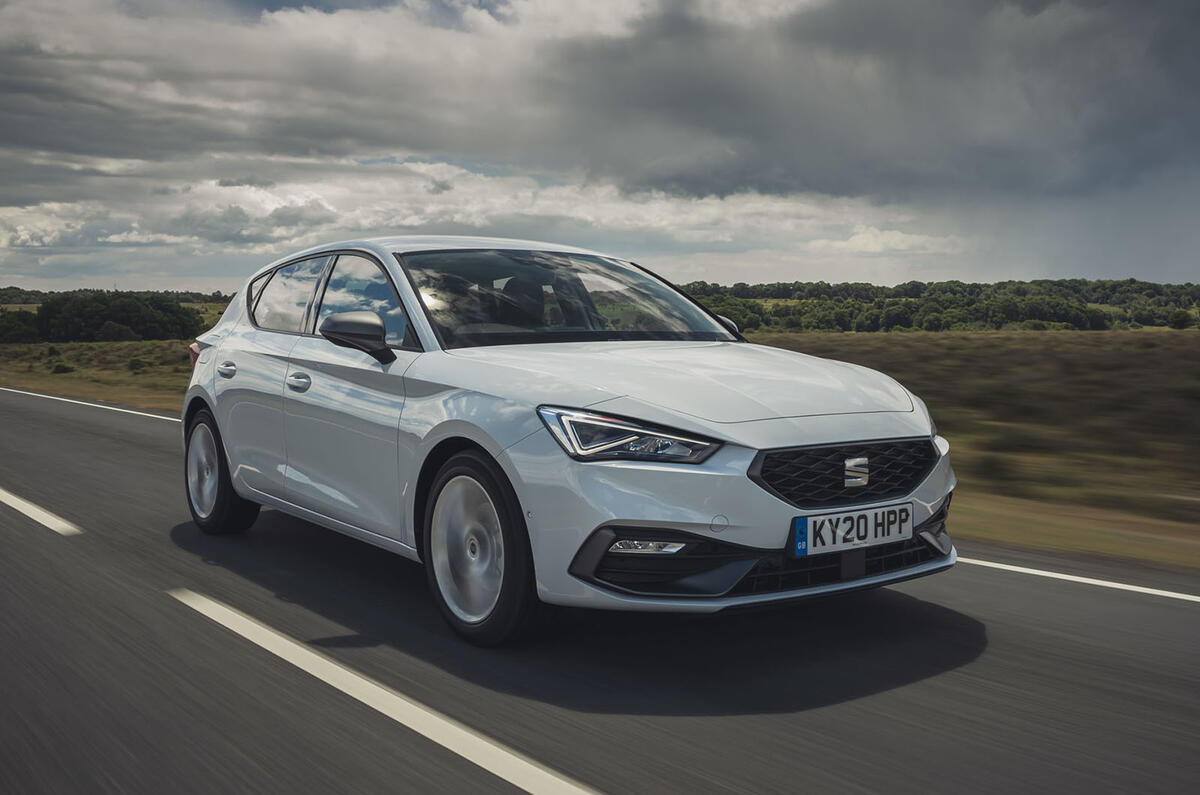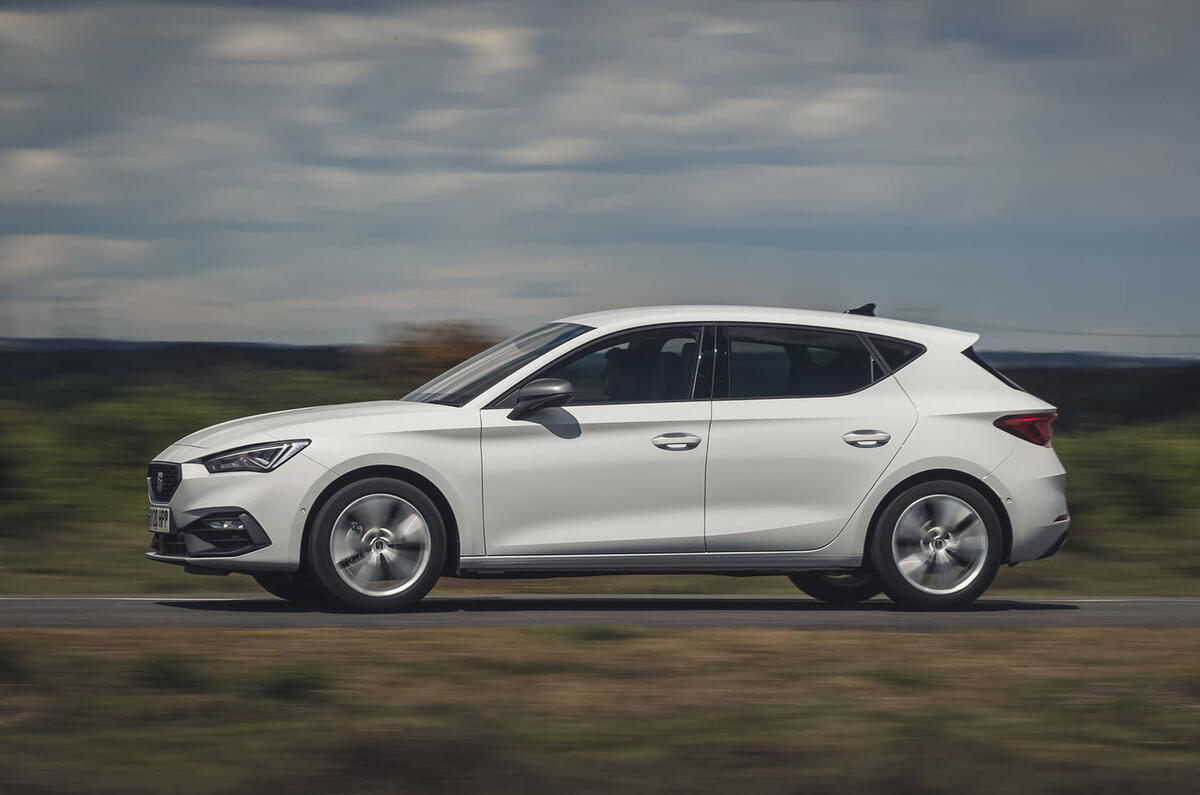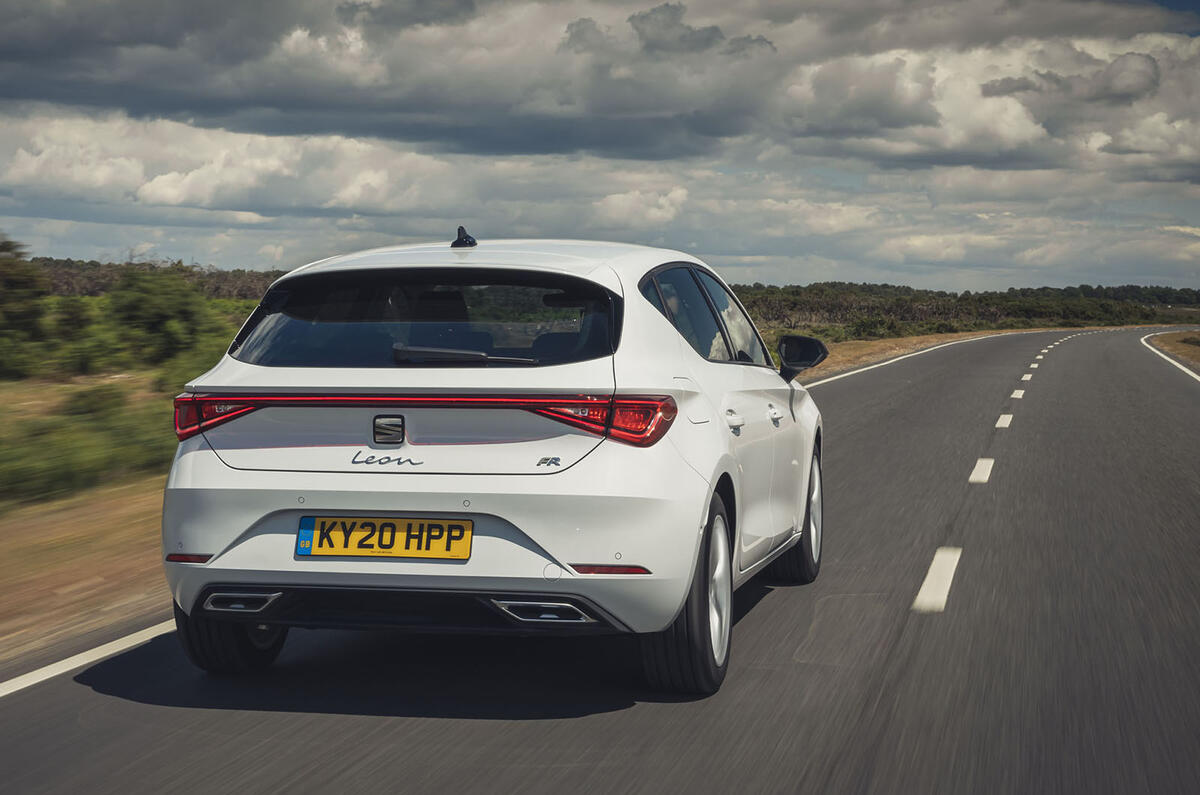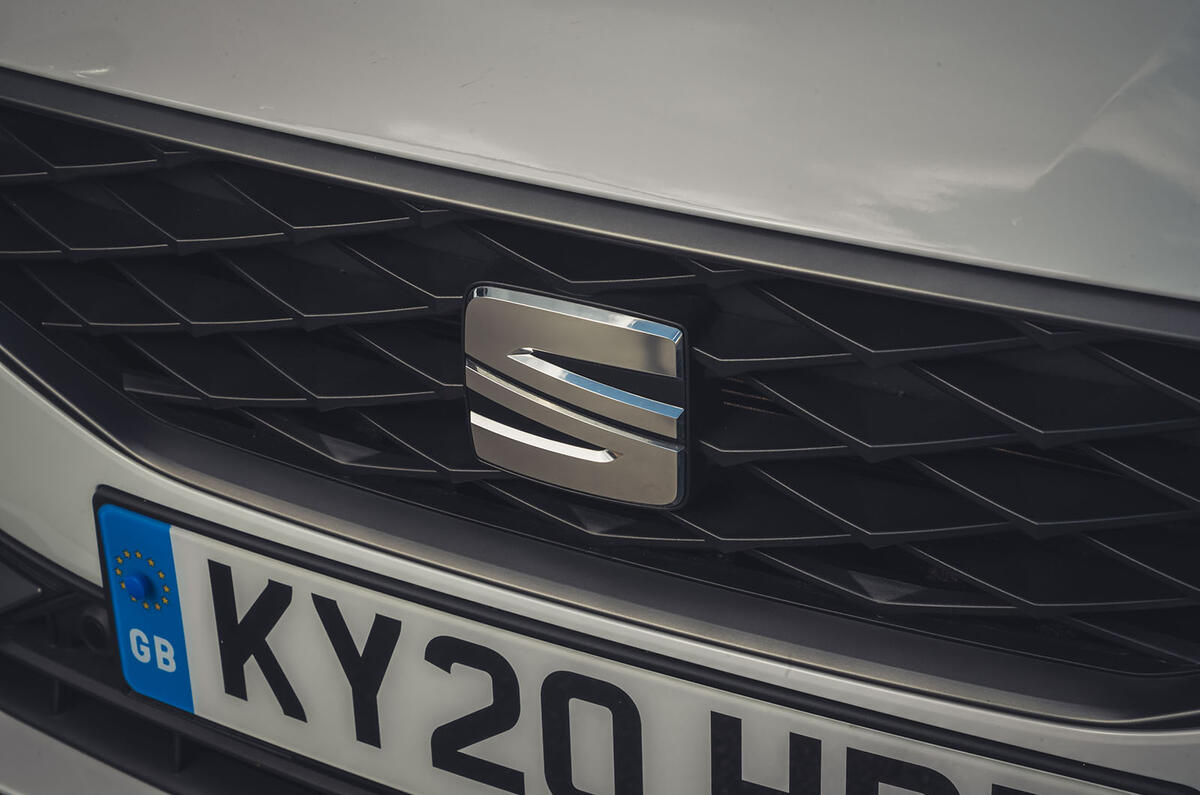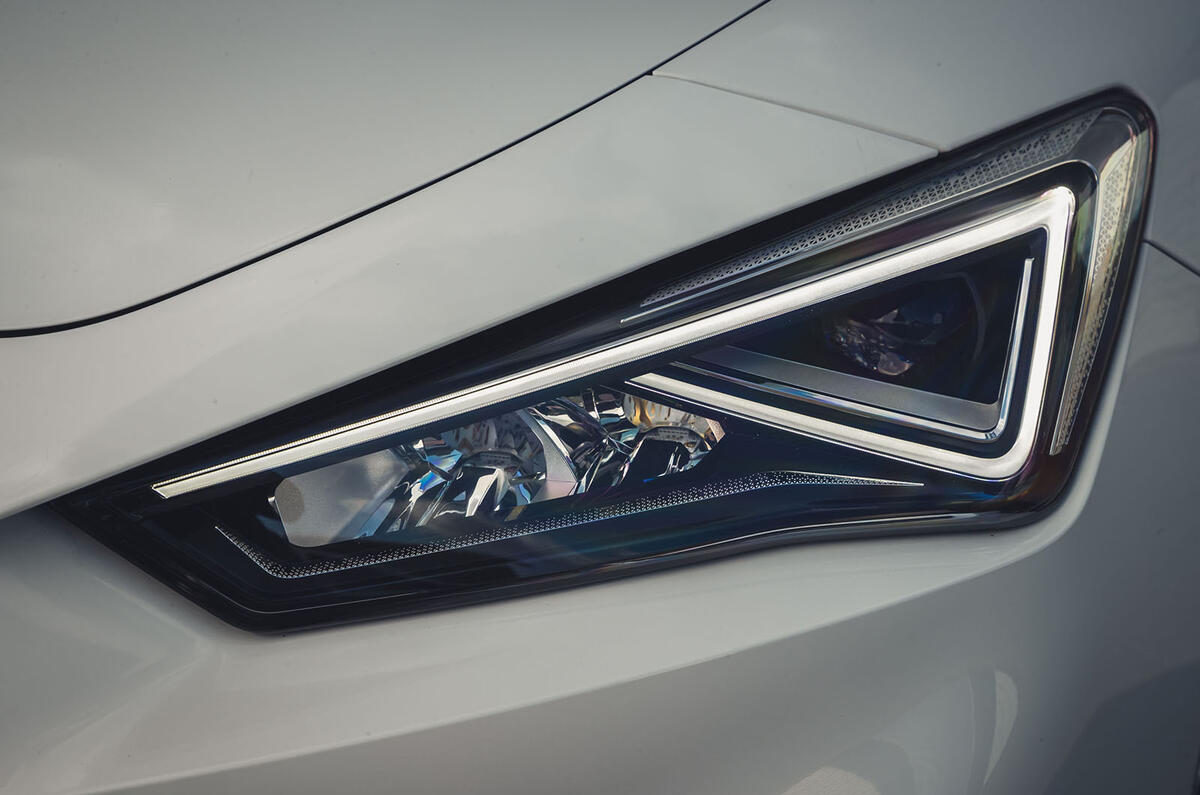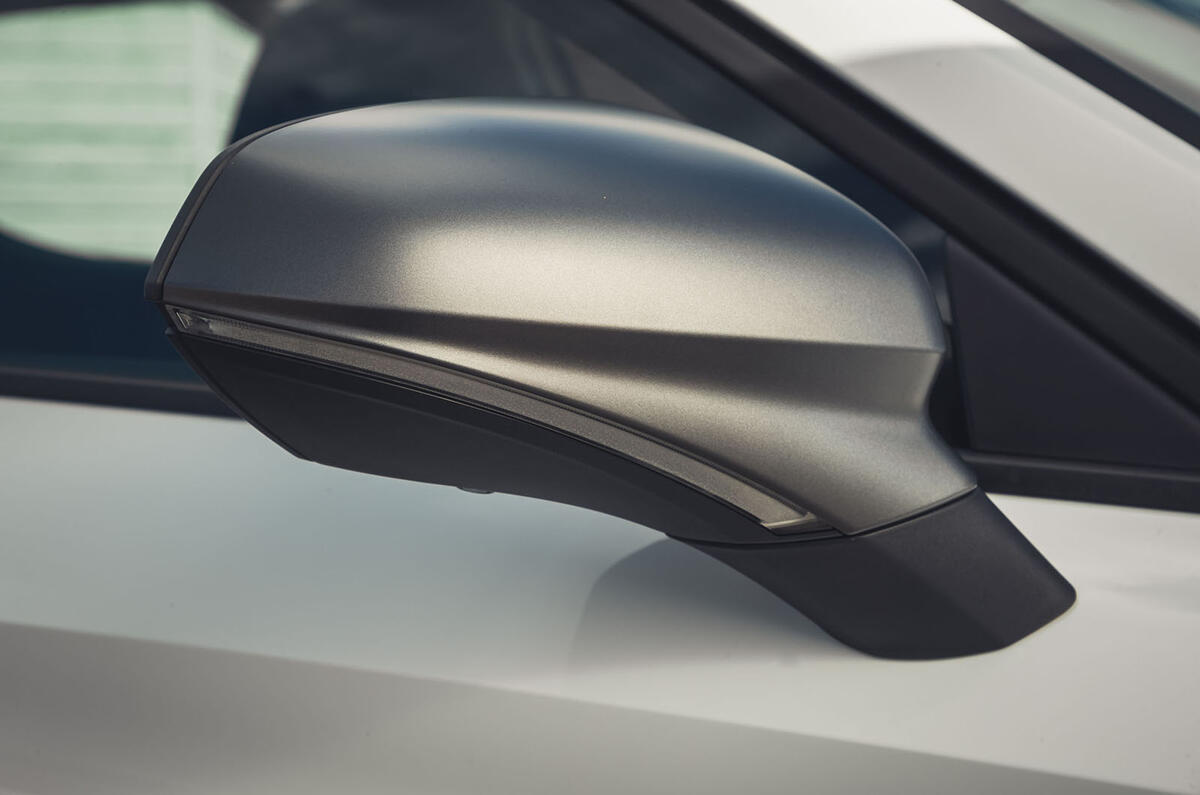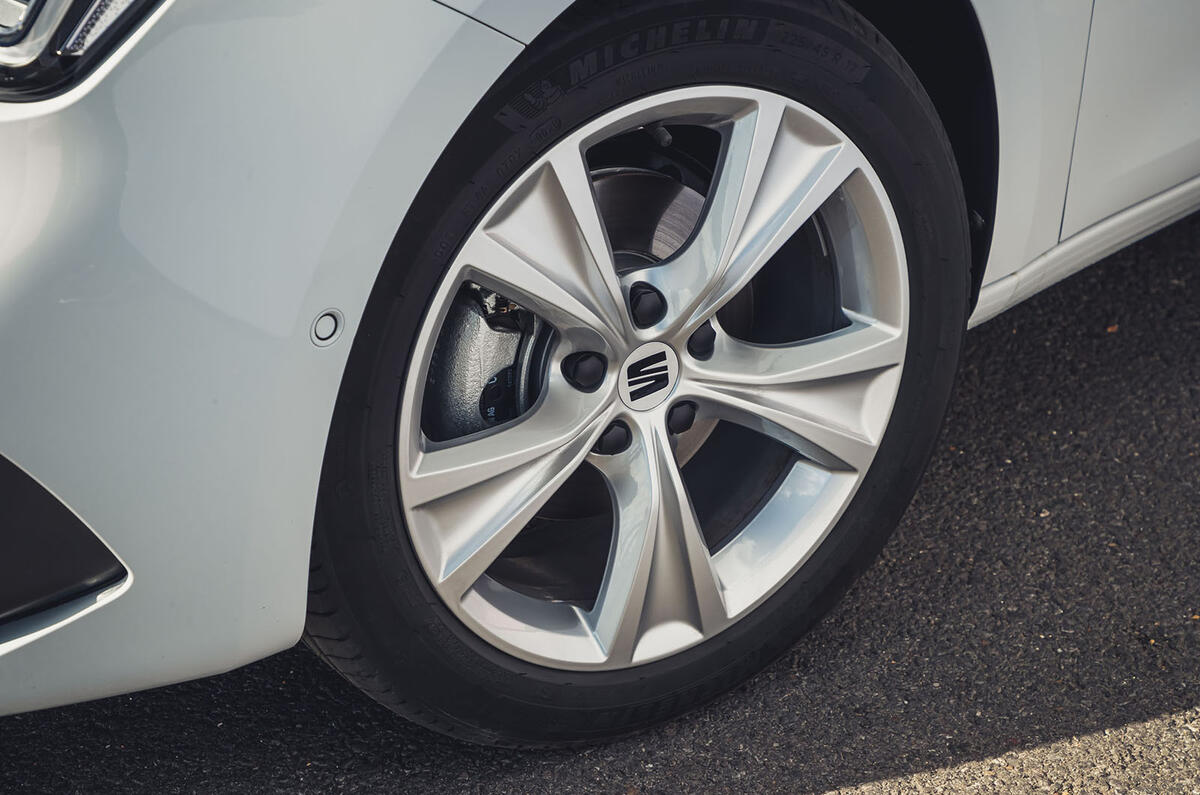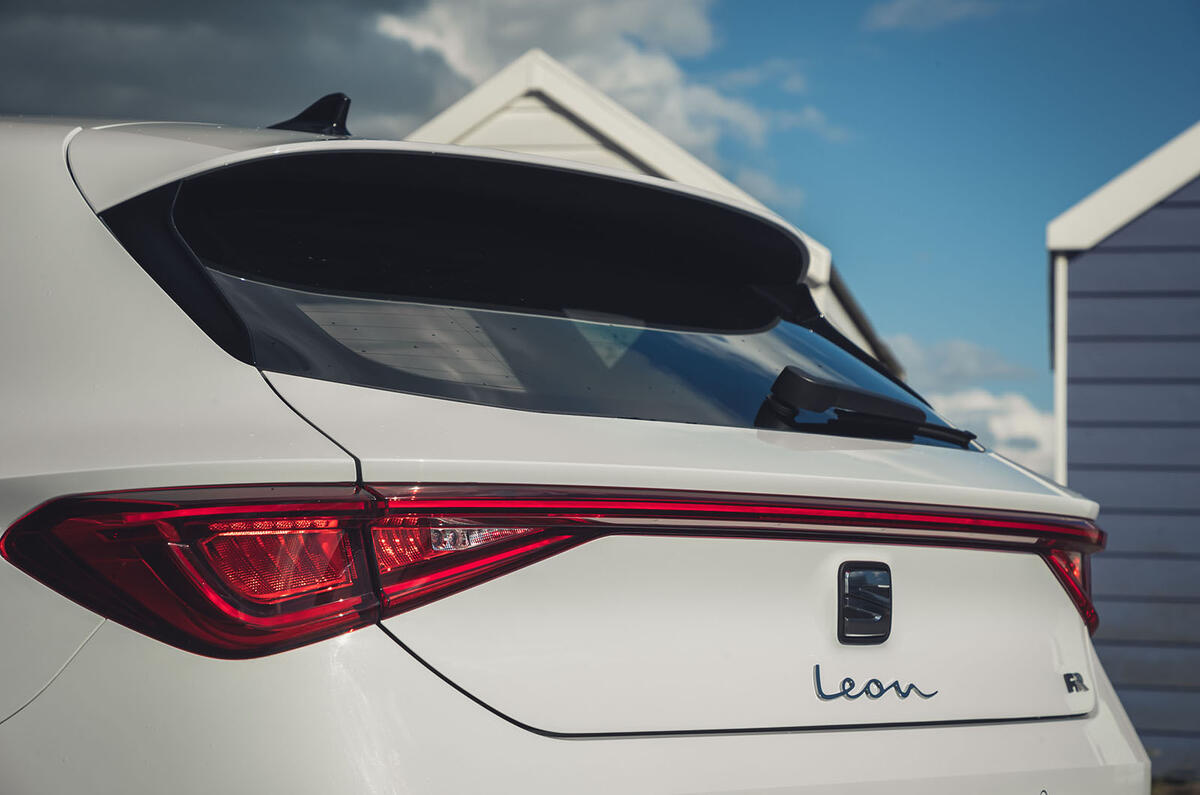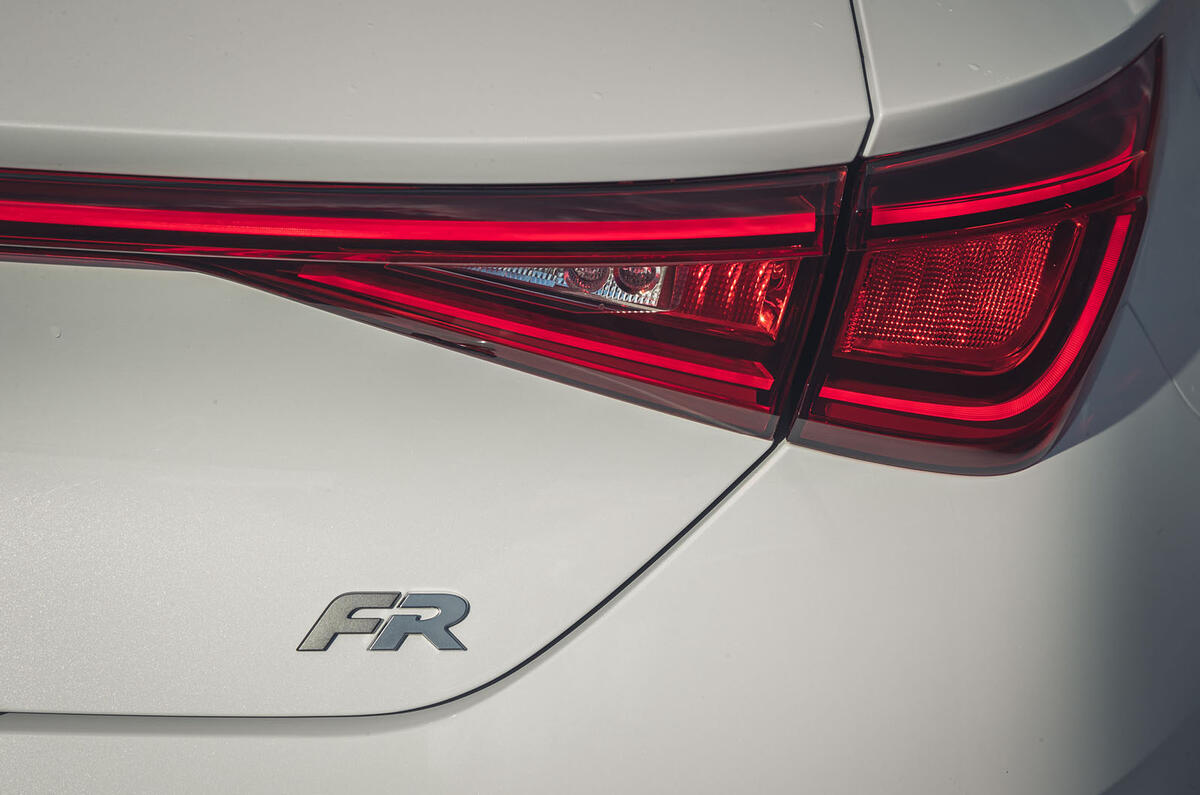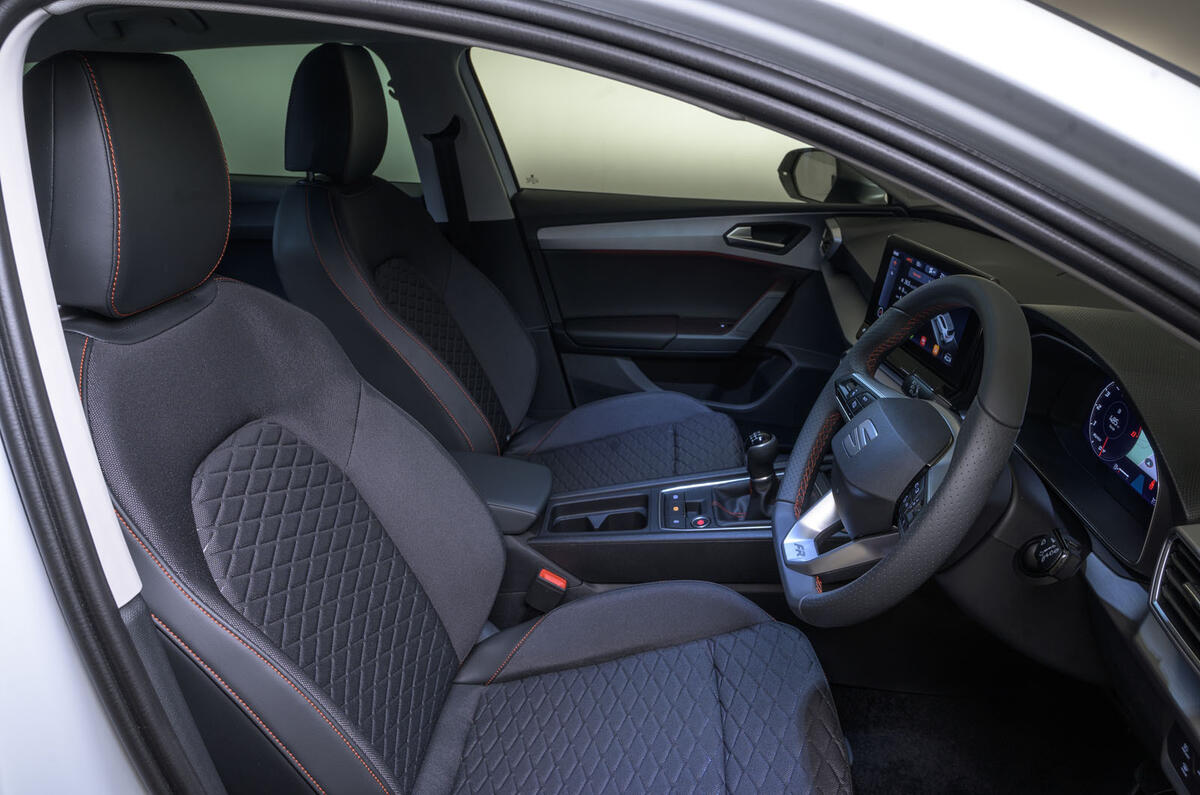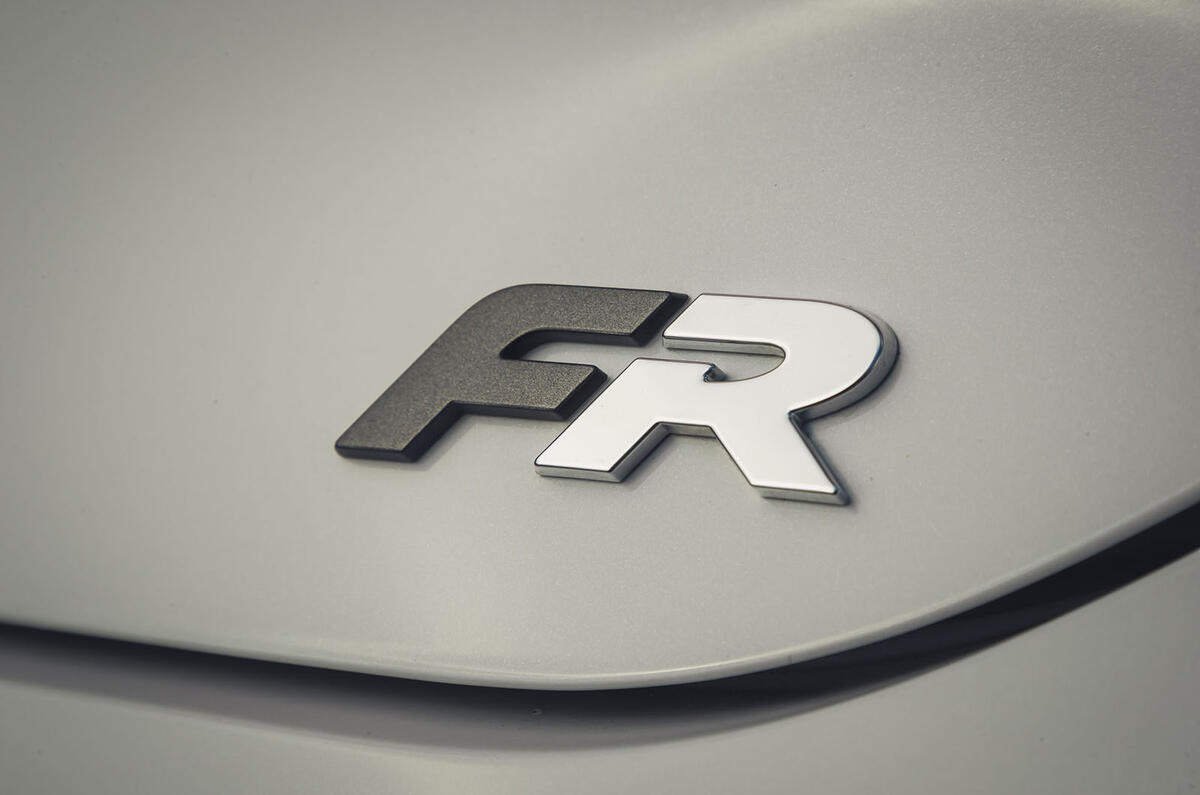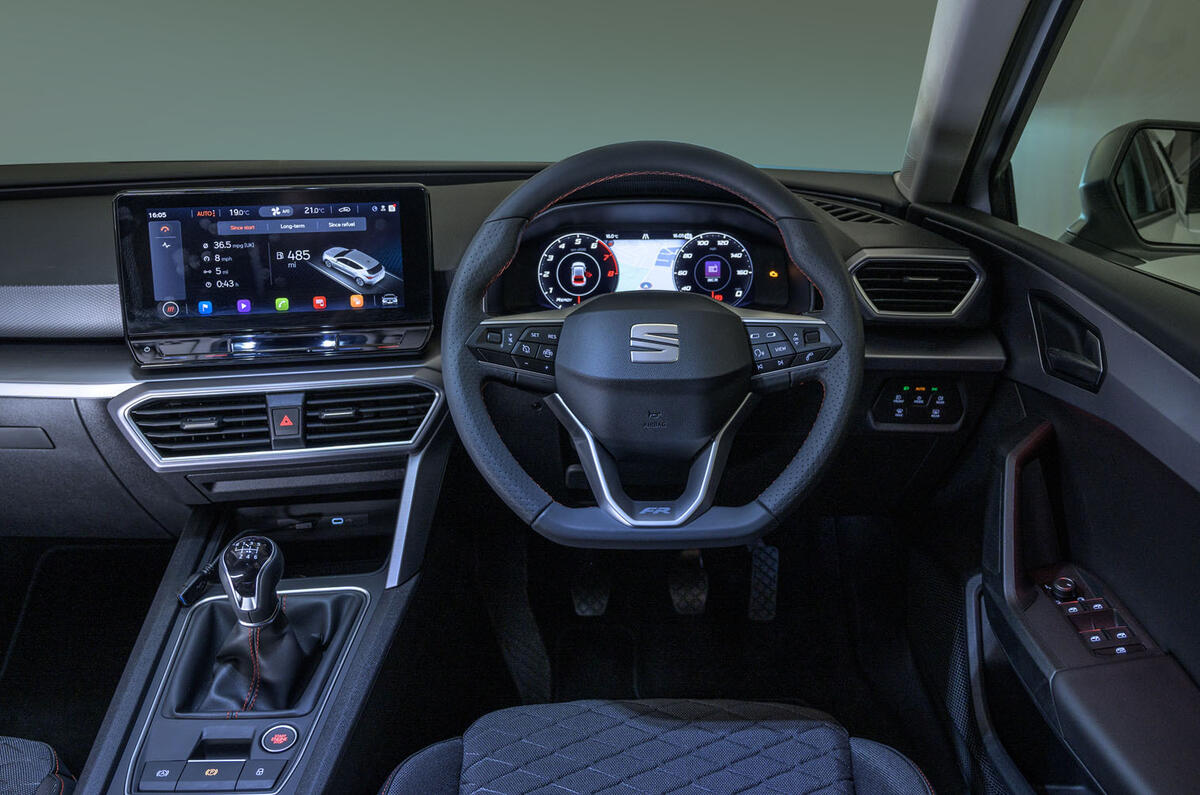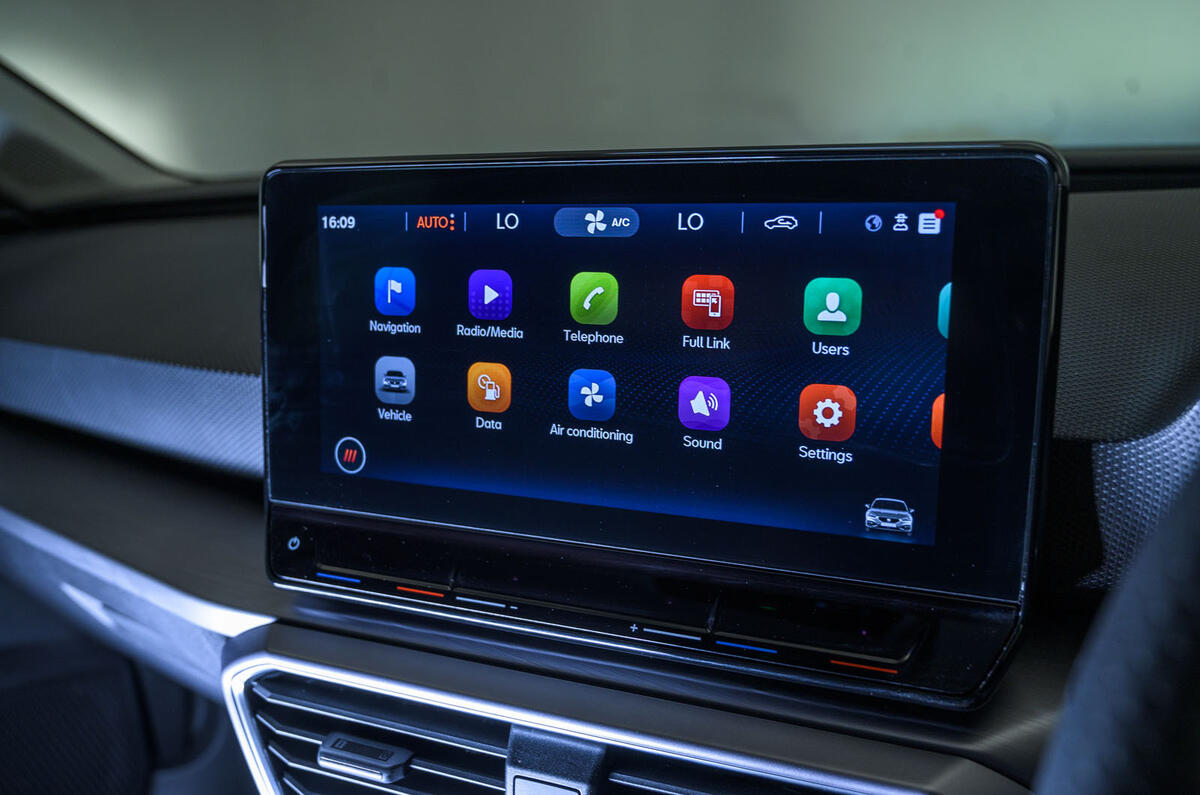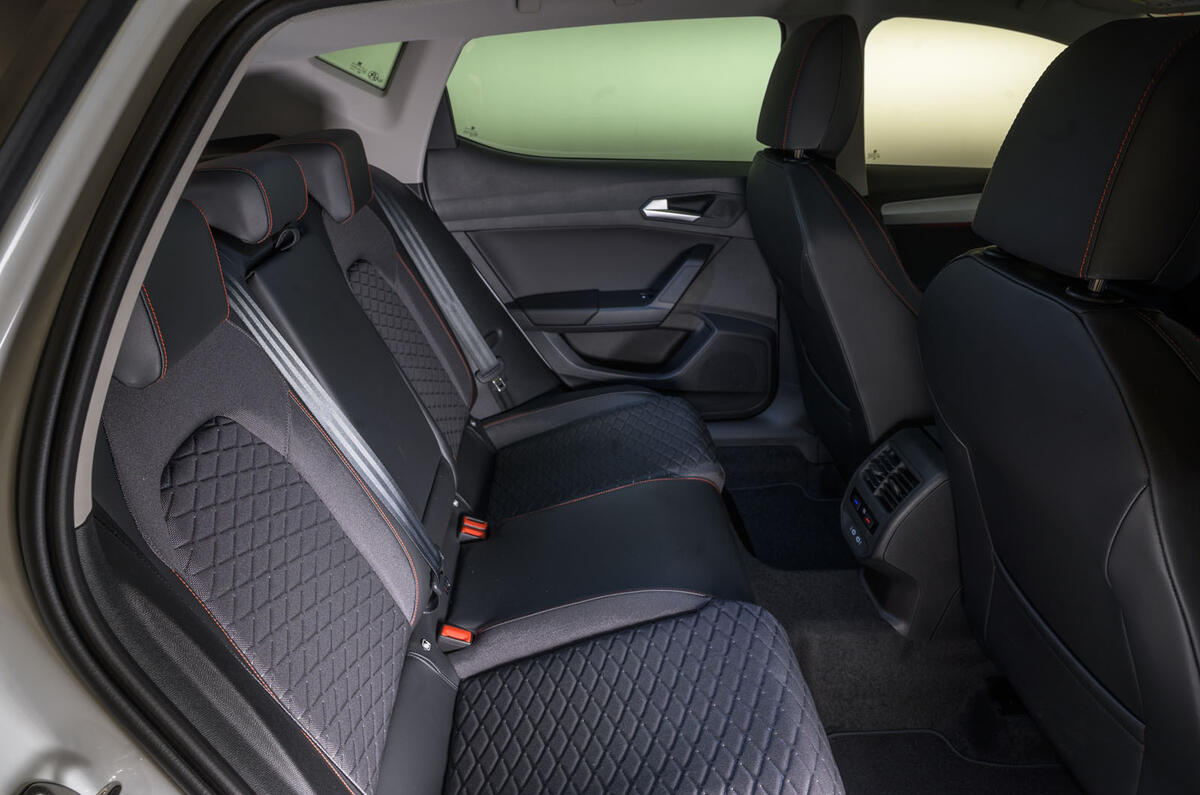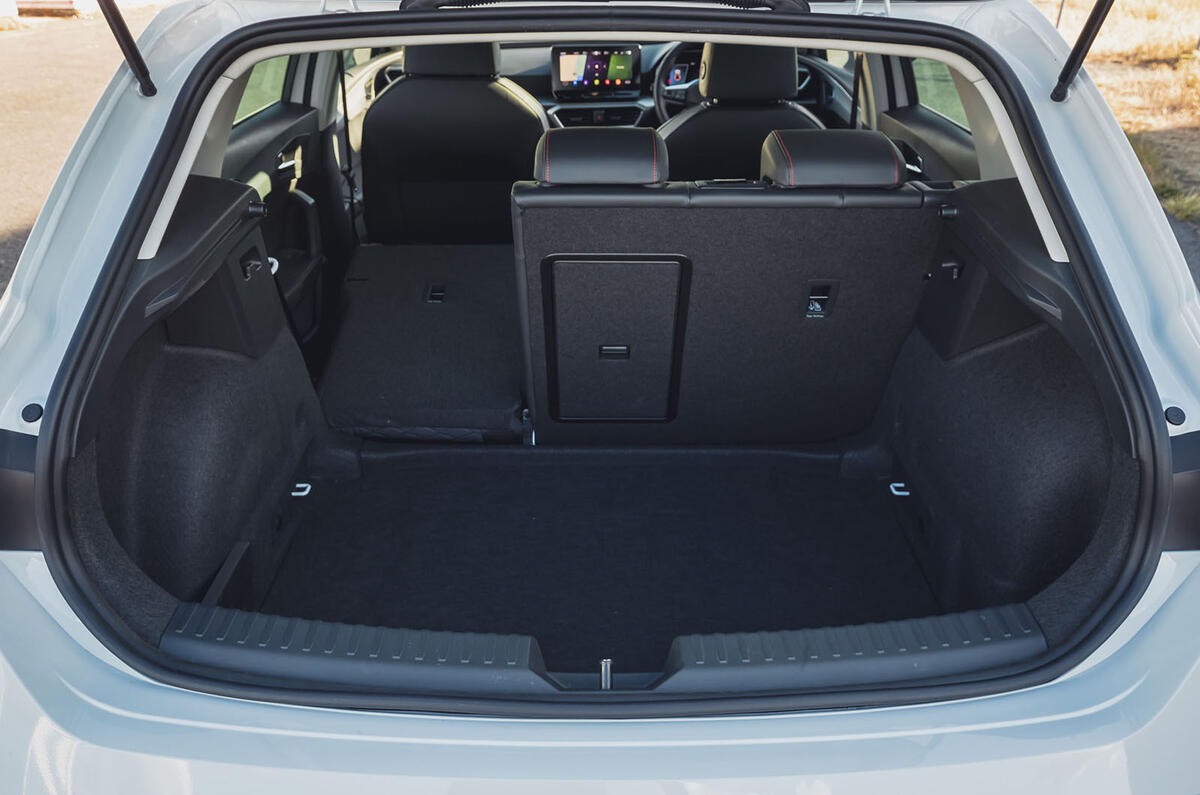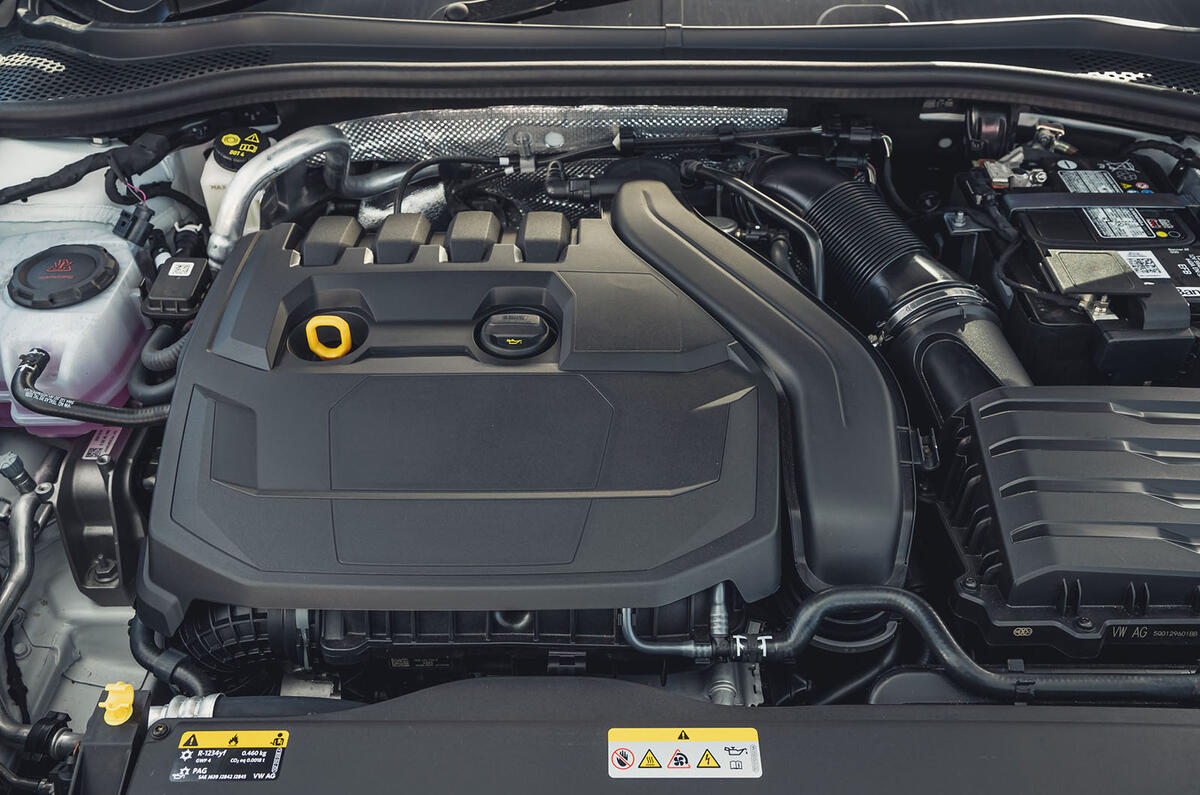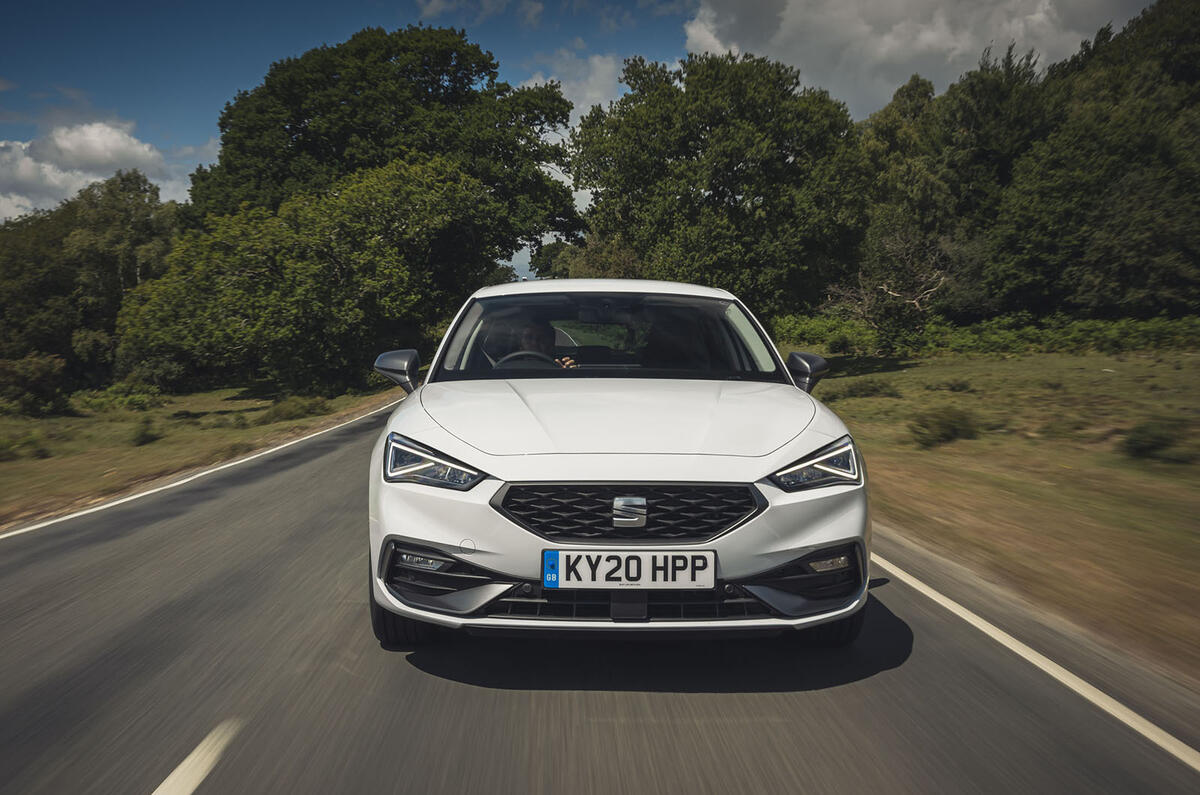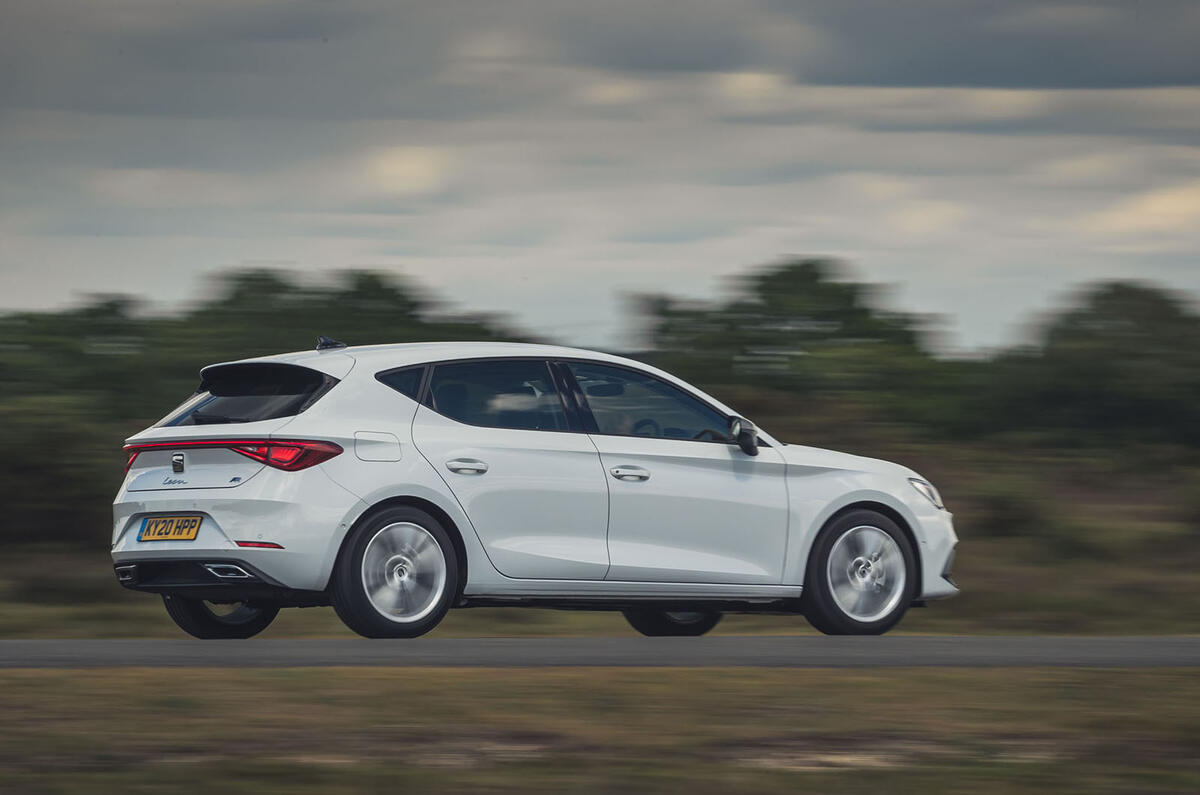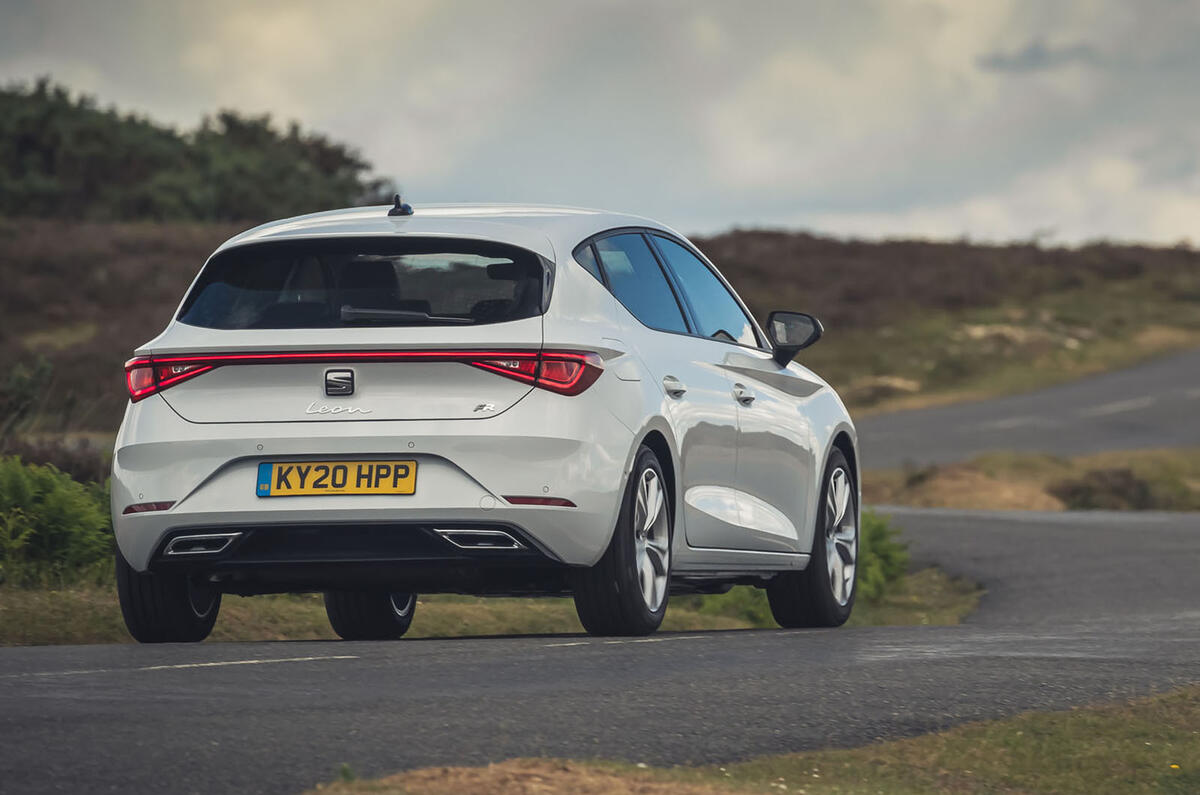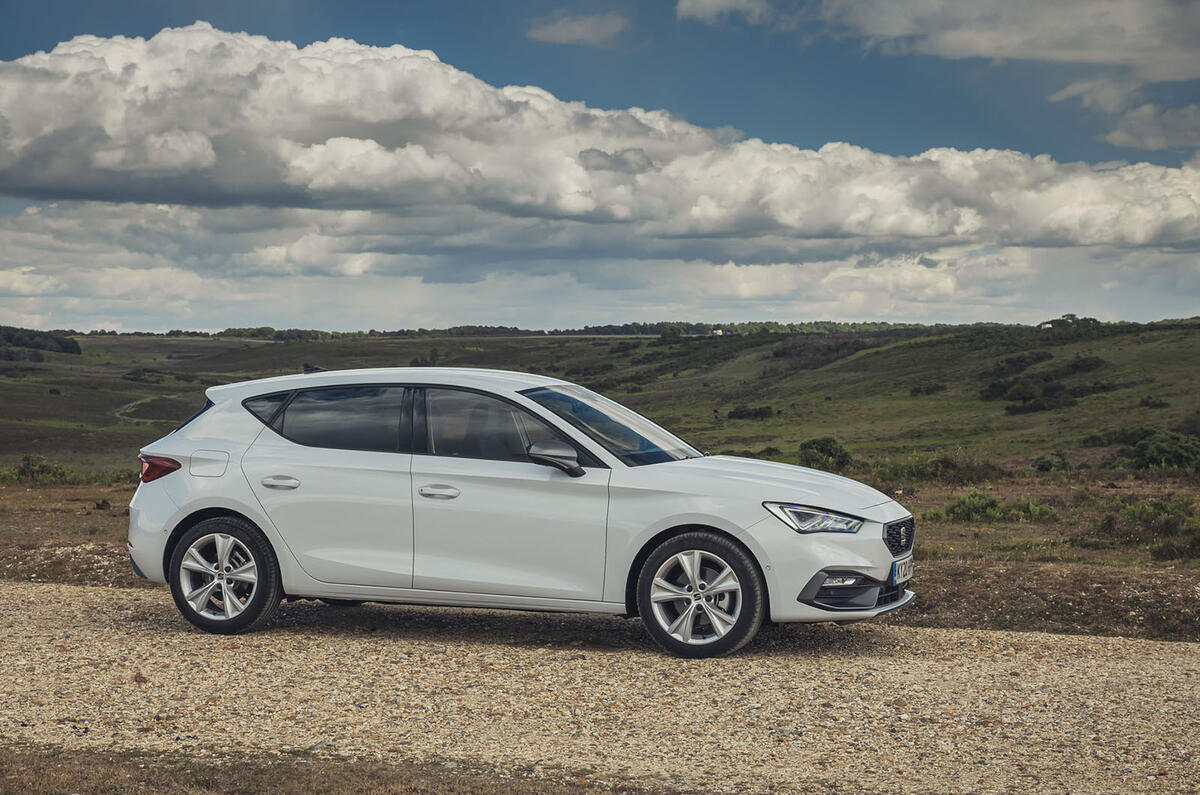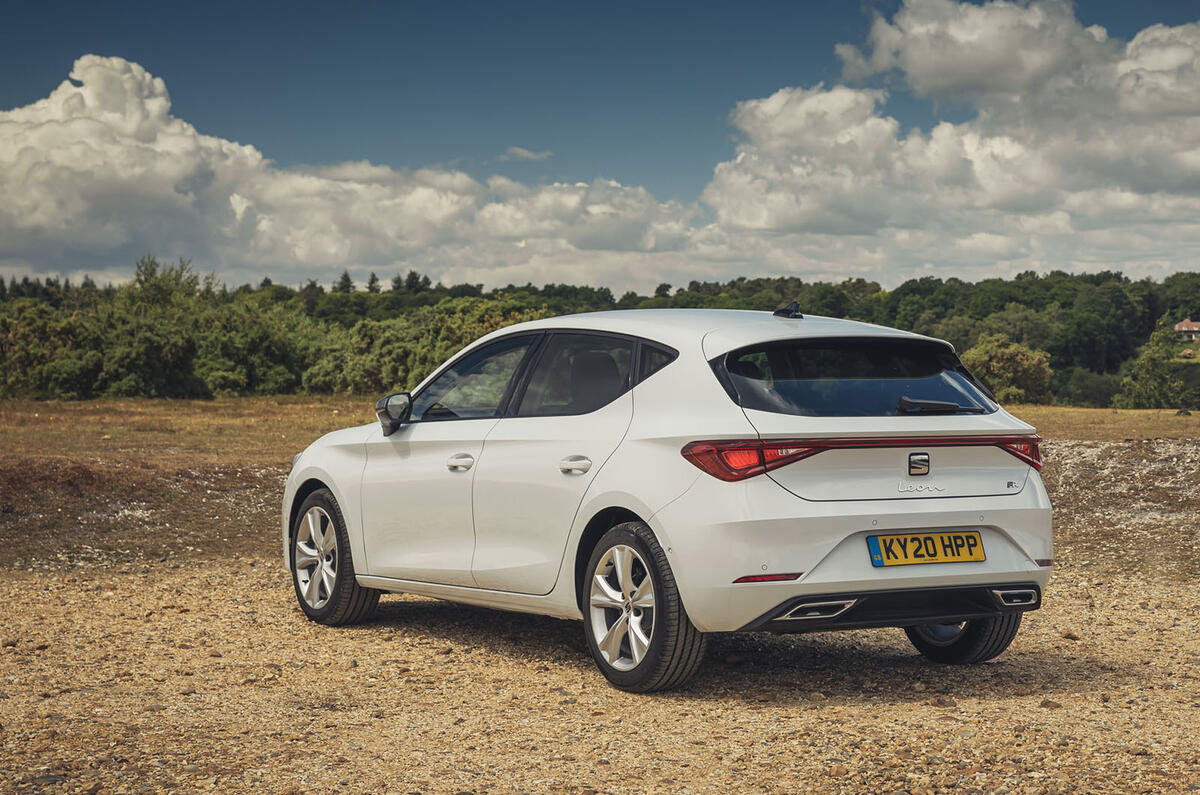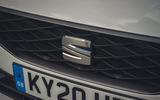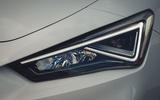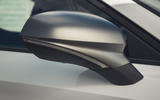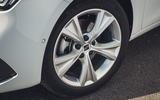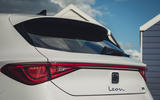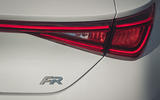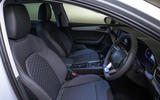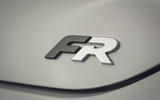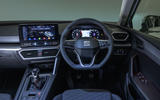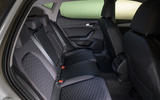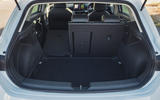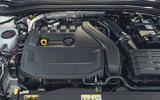Did you know that, long before the Seat Leon was even a twinkle, Seat’s first model, assembled back in 1953 and at the furious rate of five units a day, was a rear-driven saloon?
Maybe you did – in which case, well done. But if you didn’t, I can understand why. At 67 years old, the company is now associated almost exclusively with front-driven hatchbacks and SUVs such as the Seat Leon, Seat Ibiza, Seat Mii, Seat Arona, Seat Ateca, Seat Tarraco… Neither is it hard for us Brits to incorrectly believe that the marque only came into existence some time after 1986, when Volkswagen took over once Fiat had backed out and the cars were sold here for the first time.
The point is that the modern Leon and its forebear of the 1950s – the chrome-bumpered, 75mph and latterly Pininfarina-styled 1400 – could hardly be more different in their engineering, and yet there’s one obvious similarity. The Seat 1400 was really a Fiat built under licence in Spain and it’s well known that the Leon, still made in Spain, has always been similarly dependent on the Volkswagen Golf.
As cousins, they’ve shared platforms, engines, transmissions, electronics and switchgear, although for people who really care about driving, the hierarchy has never been quite as obvious as VW might have liked. The Leon’s tactic has traditionally been to undercut the Golf on price while over-delivering on simple fun, punchy styling and, at least for quicker derivatives, performance. It’s a brief the Leon has occasionally nailed in recent years, particularly with the quicker Cupra models, which have set Nürburgring lap records.


